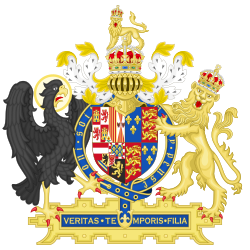| Act of Parliament | |
 | |
| Long title | An Act for the Continuance of certain Statutes. |
|---|---|
| Citation | 1 Mar. Sess. 3. c. 12 |
| Territorial extent | England and Wales |
| Dates | |
| Royal assent | 5 May 1554 |
| Commencement | 2 April 1554 [a] |
| Repealed | 28 July 1863 |
| Other legislation | |
| Amends | See § Continued enactments |
| Repealed by | Statute Law Revision Act 1863 |
| Relates to |
|
Status: Repealed | |
| Text of statute as originally enacted | |
The Continuance of Laws Act 1554 (1 Mar. Sess. 3. c. 12) was an act of the Parliament of England that continued various older enactments.